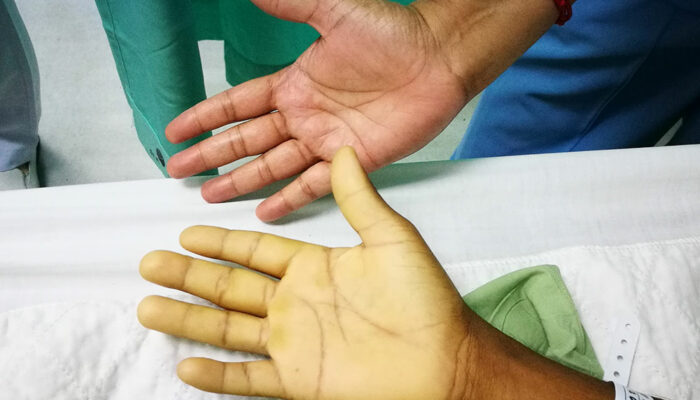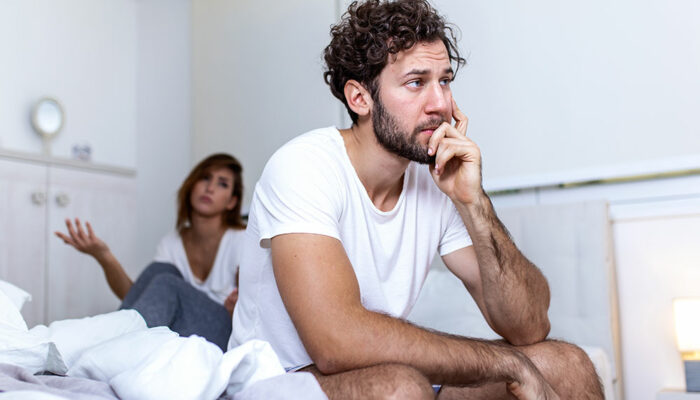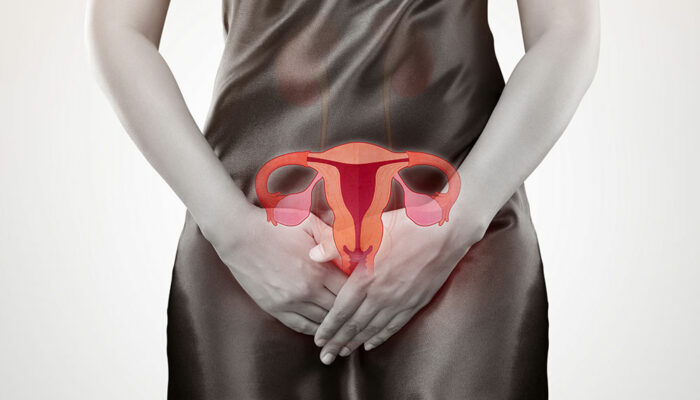
Signs of Overactive Bladder
While it is common to urinate a lot when you drink a lot of water or coffee, increased urination on a consistent basis often indicates an underlying health condition. Particularly if you feel like after urinating, you are still retaining some urine. An overactive bladder is a condition that affects many people, and most don’t even know it until embarrassing or uncomfortable accidents begin to occur (i.e., incontinence when sneezing). Here are a few common signs of overactive bladder (OAB):
1. Uncontrolled and the sudden urge to urinate
Usually when nature calls there is a window of warning, or there is a considerable amount of time between feeling nothing and then feeling the urge to go. When a person feels the urge, usually they will have enough time to make it to the bathroom to release. However, if you have an uncontrolled and sudden urge to urinate, you may not get to the bathroom in time. This lack of bladder retention often indicates OAB.
2. Urinary incontinence or loss of urine
Incontinence is defined as the inability to hold urine or bowel movements long enough to find the nearest restroom. If one is bladder incontinent, when they have to go, they go despite where they are. There is no time between the urge to go and when urine is expelled. Those who suffer from incontinence will usually have to wear adult diapers or incontinence underwear to avoid untimely accidents. Incontinence can be caused by a weakening or numbness of the pelvic muscles which aid urine retention.
3. Frequent urination
Another sign of an overactive bladder is frequent urination. If you are unsure of how much is too much, think of your bowel movements. In other words, anywhere from two to four times a day for urination is normal. If you go more than four times a day, you may have an overactive bladder. Also, another thing to keep in mind is how your urine feels when you release it. If there is pain or irritation during your urination, it may be a more severe problem (i.e., bladder infection) and you should call your doctor.
4. Waking up to urinate (nocturia)
This is a bit trickier to define as most people will always need to release in the mornings. Because of this, it can be difficult for the average person to determine whether or not waking up to urinate causes an overactive bladder. Waking up one time to expel your fluids is fine. However if you are waking up two to three times or more at night, that is definitely a sign of an overactive bladder.
When one has an overactive bladder, sometimes it indicates an underlying health issue (i.e., type 2 diabetes) while other times fixing it may be as simple as removing an item in your diet (i.e., drinking soda before bed). Either way, these symptoms should be brought up with your healthcare provider.



